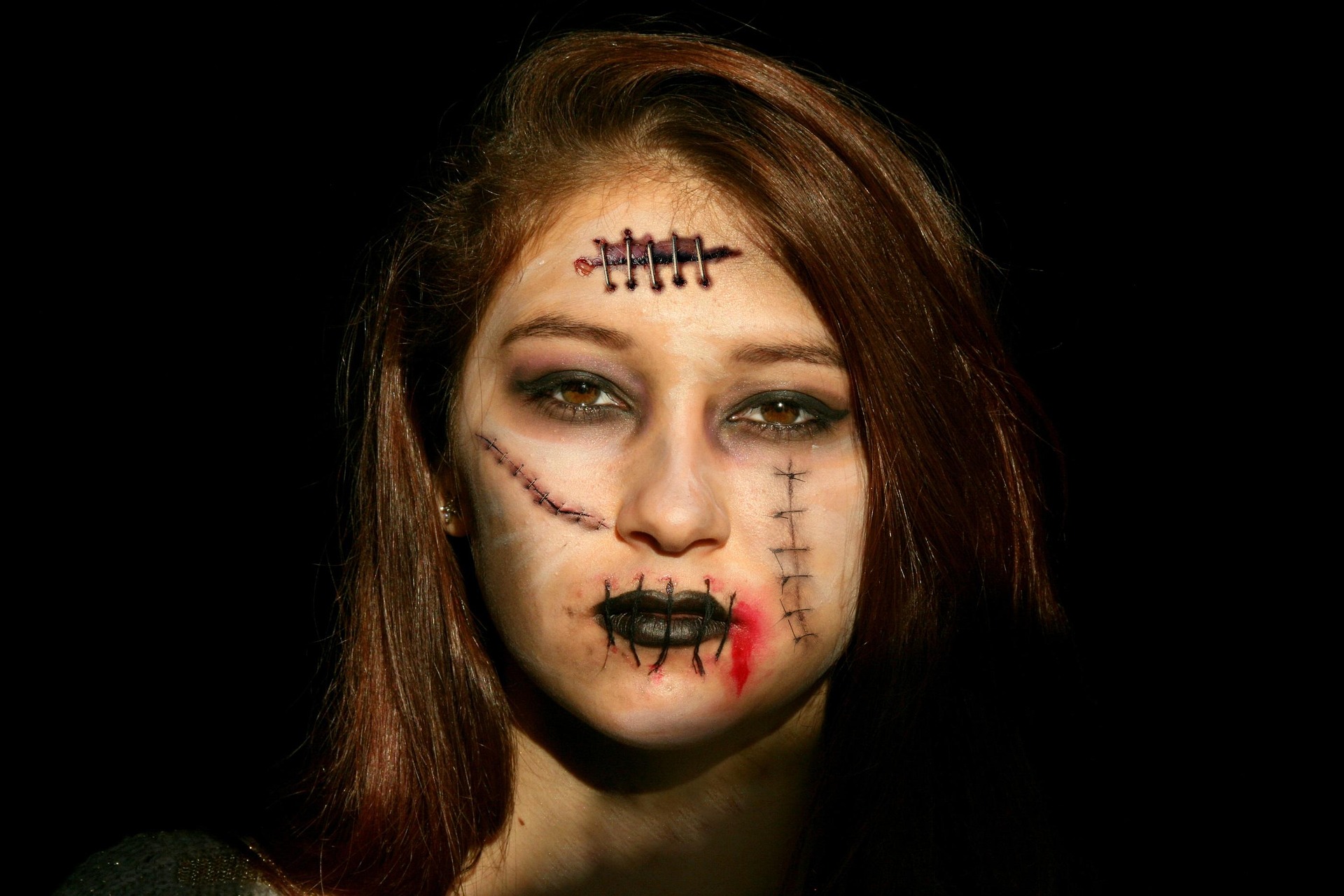People notice scars. Some look at them with curiosity. Some with sympathy. Some with judgment. But rarely does anyone ask the most important question: “What did you survive?”
For me, every scar tells a story — not just of pain, but of survival, resilience, and strength. Over the years, I’ve collected quite a few: a fractured bone down the side of my right hand, a right little finger that I dislocated three times, a dislocated shoulder, a cracked left wrist, and perhaps the worst — fracturing my right cheekbone after falling face-first onto concrete during a seizure.
That day, January 31st, 2020, was unforgettable. I ended up in the hospital overnight. Even in the middle of all that pain, I tried to find a moment of levity. I took a selfie in the ambulance and posted it on Facebook with the caption: “I think my modelling career is over.” It sounds absurd, but humor has always been my coping mechanism. It reminded me that I could survive, and I could even find light in the darkest moments.
Scars are more than physical marks. The emotional scars linger long after the bruises heal. The embarrassment of a public seizure. The fear of judgment. The frustration of being misunderstood. The invisible weight of feeling different or broken. These are the scars that people don’t see but that shape you every day.
For years, I thought my scars made me damaged. I thought they were a reminder of weakness. But now I know they are proof of strength. Every scar is a chapter of my story — a story of rising after falling, of surviving moments that could have broken me, and of finding courage in places I never thought existed.
I’ve learned to embrace them. To wear them proudly. Because each one reminds me that I am resilient. Each one tells the world: “I have been through this, and I am still standing.” The pain they represent may have been real, but so is the strength I gained from it.
If you are hiding your scars — whether physical or emotional — know this: you are not broken. You are human, and your story matters. Every scar is a symbol of survival, a map of where you’ve been, and a testament to the strength you’ve gained along the way.
So, the next time someone looks at your scars, don’t feel ashamed. Let them see your story. Let them see your courage. And if they ask, tell them proudly:
“This? This is what strength looks like.”
– My Epilepsy Journey

No responses yet